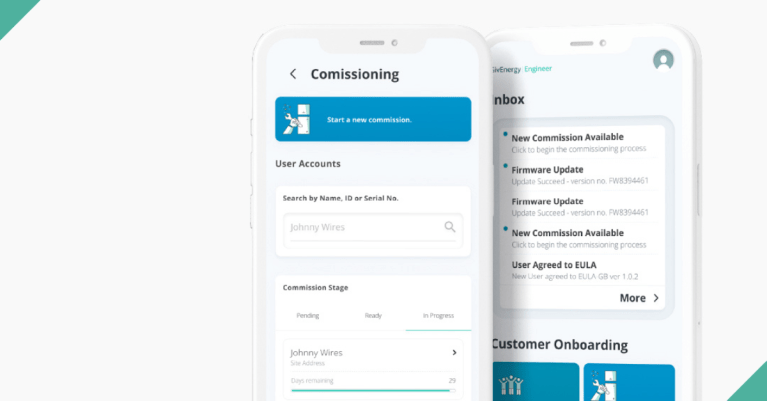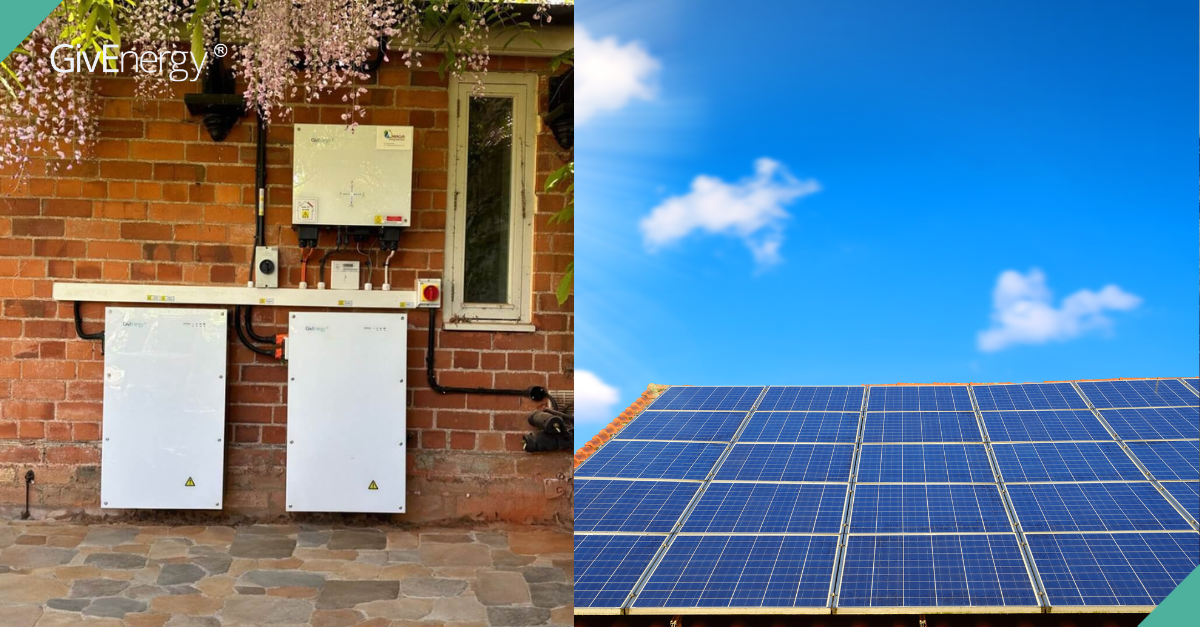Solar panels and battery cost may be something that’s crossed your mind if you plan on making your home more energy efficient.
Solar panels coupled with battery storage are a killer combination which can:
- Make you more energy independent
- Cut your energy bills by around 85% per year
- Cut your carbon emissions by around 300kg per year
If you’re unsure about how much all this costs, read on.
‘Is now a good time to buy solar panels and battery storage?’
According to the International Renewable Energy Agency (IRENA), the cost of solar photovoltaic (PV) panels has fallen by around 80% since 2010.


As for the price of lithium-ion (Li-on) batteries, they’ve fallen around 97% since 1991. (For context, GivEnergy batteries use lithium iron phosphate or LiFePO4 – a type of Li-on battery.)
And to top it off, the UK government recently introduced 0% VAT on home storage batteries, including:
- Battery storage added alongside solar PV
- Standalone battery storage (i.e., batteries installed without supporting solar/renewable sources)
- Retrofit storage batteries (i.e., batteries added to an existing solar array)
So, is now a good time to buy solar panels and battery storage?
In short, yes.
‘Do I need to spend money on battery storage as well as solar panels?’
Strictly speaking, you can have solar panels without battery storage.
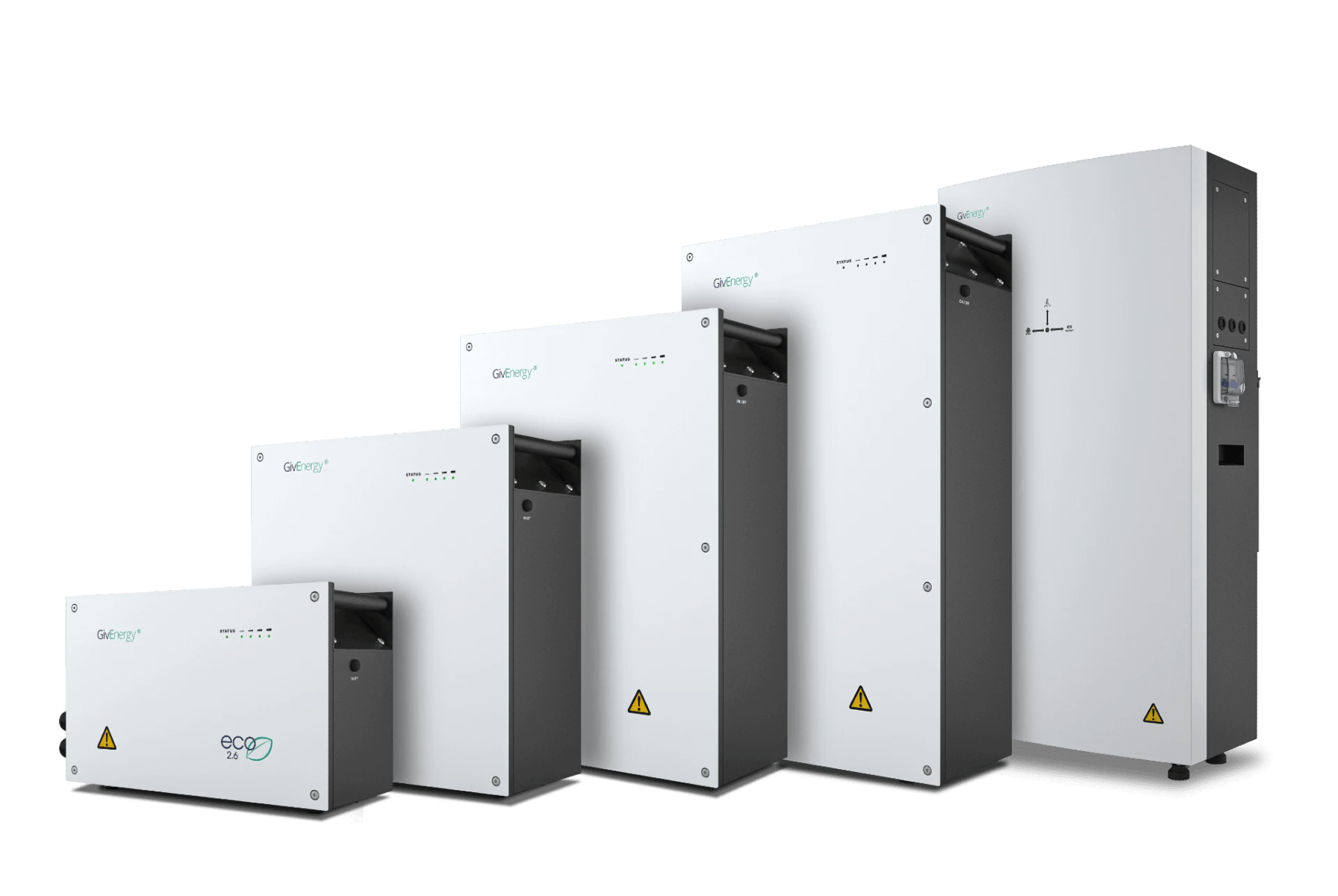
But… and it’s a big but… you will end up wasting a lot of the energy you generate.
That’s because solar has hour-to-hour variability. The sun doesn’t always shine when you need energy.
Solar battery storage allows you to store the solar energy you generate and use later, such as when your energy needs peak in the evening.
So, do you NEED battery storage?
Yes… if you want your solar panel installation to be worth it.
‘How much do solar panels cost?’
The answer to this question depends on numerous factors.
The price of solar panels is determined by:
- Capacity – a typical panel has 350Wp (watts-peak)
- Number of panels you install – this varies depending on the size of your property, and how many panels you want to install
- Material – monocrystalline, polycrystalline, and CIGS thin-film all vary in quality
Based on data from the Microgeneration Certification Scheme (MCS), The Eco Experts estimate average solar panel prices in the UK as follows:
- For a 1-2-bedroom house with 6 panels: £4,216
- For a 3-bedroom house with 10 panels: £7,026
- For a 4-bedroom house with 14 panels: £9,837
The above costs include installation.

‘How much money will solar panels save me in the long-run?’
This depends on:
- The angle of your panels – generally, panels facing south in the northern hemisphere and north in the southern hemisphere perform better
- Average number of sunlight hours per day in your area
- Climate – areas with clearer skies are better for solar panels
- Savings from the Smart Export Guarantee (SEG) or similar scheme
- Whether your battery storage system is appropriately sized
For a detailed cost-saving estimate for solar panels on your property, Energy Saving Trust has a solar panel calculator.
On the results page, you’ll see:
- Recommended solar panel system
- Estimated annual savings
- Estimated reduction in carbon emissions
- Estimated costs and break-even point
‘How much does a solar battery storage system cost?’
Again, this depends on numerous factors.
The size of your battery storage system will depend on:
- The size of your property
- The number of people in your household
- What kinds of electrical devices you use
- The capacity of your solar panel system
Take the GivEnergy range of domestic storage batteries as an example.
From the compact Giv-Bat 2.6 (2.6kWh) battery, to the 13.5kWh All in One battery and inverter.
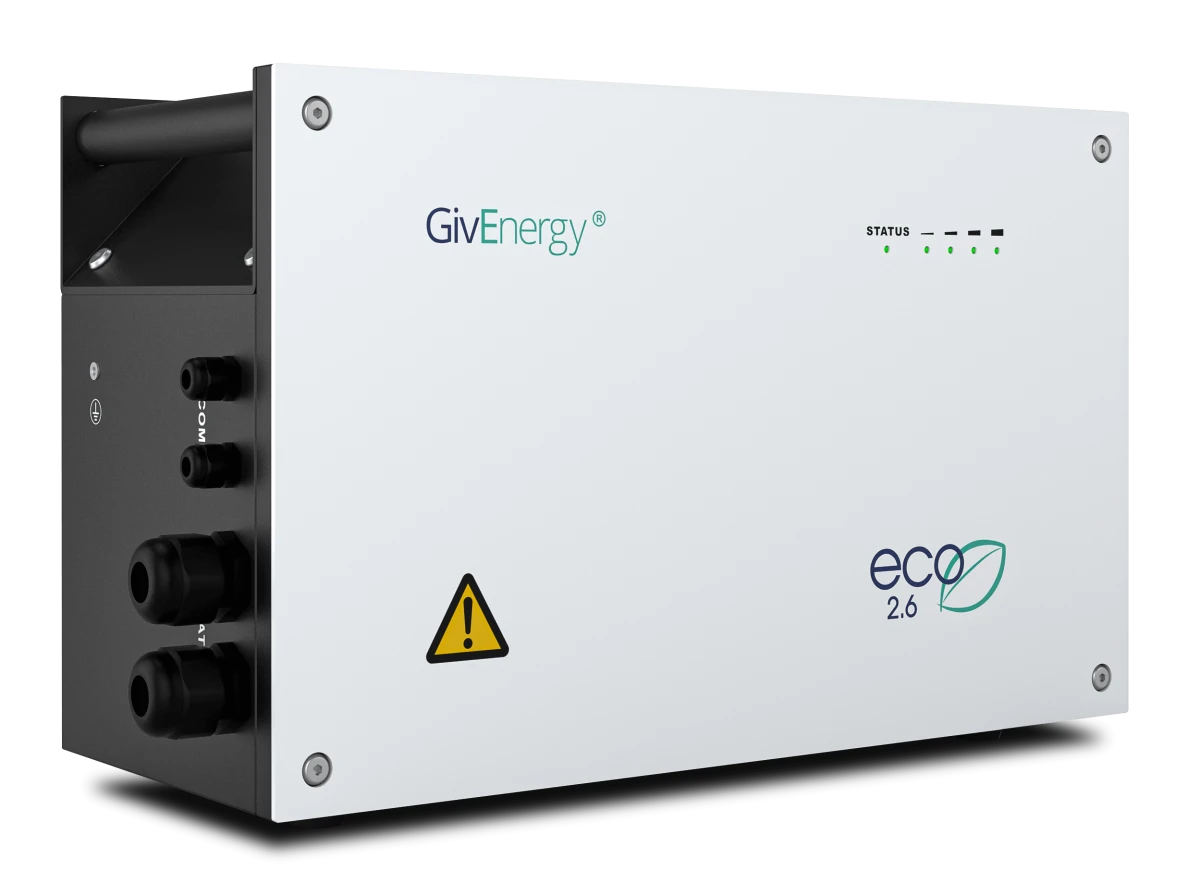
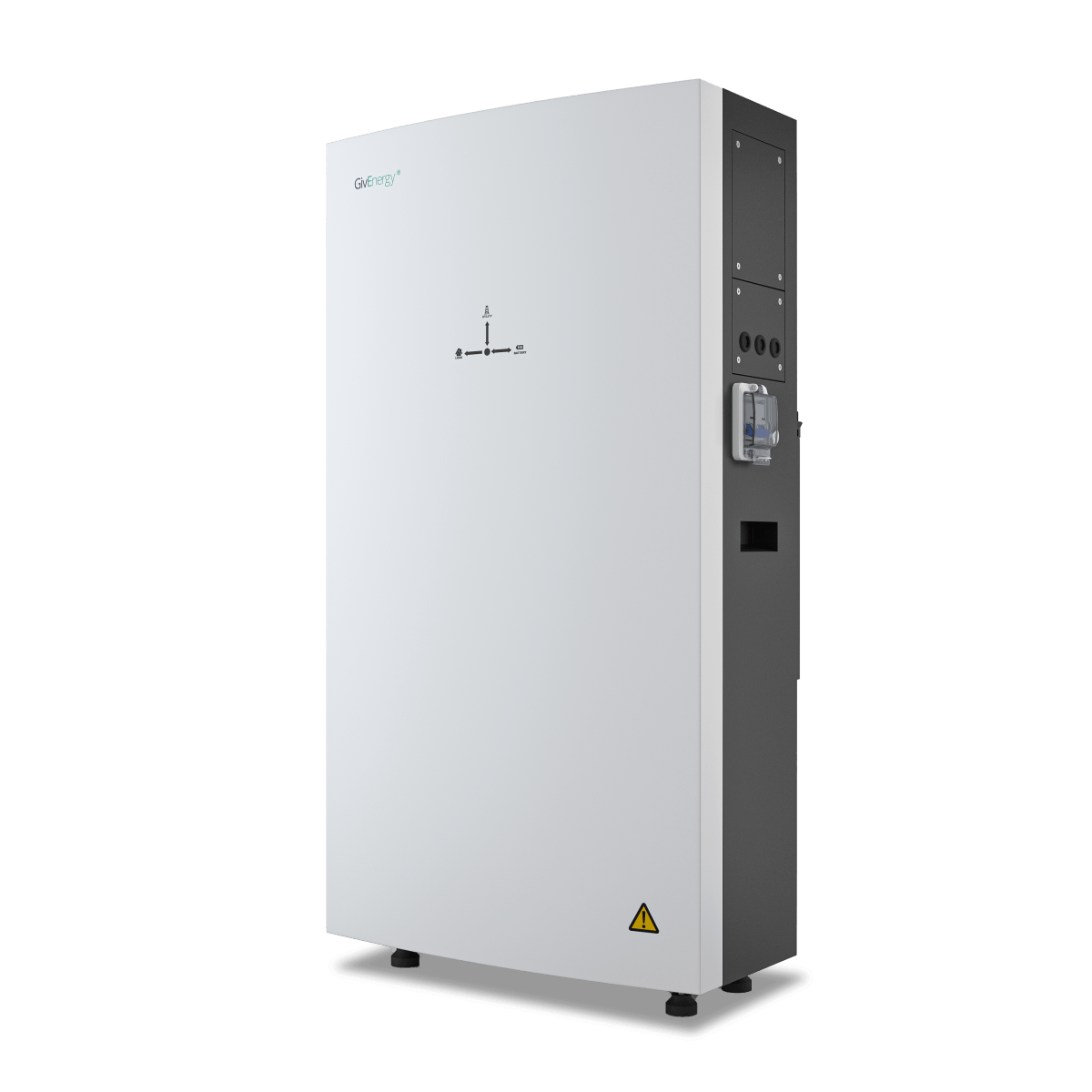
With GivEnergy installations, a ballpark cost of adding a solar battery for a 3-bedroom house would start at around £4,500. Again, we stress that this figure will vary depending on specific circumstances.
To ensure you get the most out of you solar panels, it’s important you properly size your battery storage system.
A battery storage system which is under-sized is not the end of the world. Excess solar energy can be exported to the grid for which you will be paid under the UK government’s SEG.
Likewise, an oversized system is no biggie. Excess solar energy stored in your battery, unless used to meet your household’s electricity needs, can be stored and then exported back to the grid.
‘What if I can’t install solar panels?’
We recognise that not everyone has the means – financial, practical, or both – to install solar panels.
Contrary to what some may believe, home storage batteries still bring benefits to customers without solar panels or other forms of renewable technology.
Here’s how it works.
Let’s say you live in a small 1-bedroom flat. Installing solar panels is not an option, but you still want a way to cut your energy bills.
Installing a home storage battery allows you to do this if you’re on a smart tariff. Simply charge your battery during off-peak hours when energy is cheaper, such as overnight. And then, discharge during more expensive peak hours.
As well as benefitting the consumer, this can also benefit the grid by reducing demand during peak hours.
In short, home storage batteries are still worth considering, even without solar.
Finding solar and storage right for you
The exact solar and storage that meets your needs will depend on a few factors.
Getting a rough idea of solar panels and battery cost is crucial to ensure you spend within your means, and don’t end up overspending on anything you don’t need.
Before making any decisions, be sure to research, research, and research. Find out how many and what capacity solar panels you need, what size storage battery is right for you, etc.
If you’re ready to make a decision, find a GivEnergy approved installer near you to get the ball rolling with your home battery.


